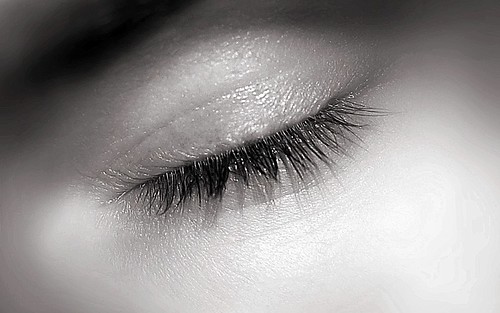Freud considered dreams to be the as it is in dreams that the ego's defenses are lowered so that some of the repressed material comes through to awareness, albeit in distorted form. Dreams both perform important functions for the unconscious mind and serve as valuable clues to how the operates.
On 24 July 1895, Freud had his own dream that was to form the basis of his theory. He had been worried about a patient, Irma, who was not doing as well in treatment as he had hoped. Freud in fact blamed himself for this, and was feeling guilty.
Freud dreamed that he met Irma at a party and examined her. He then saw a chemical formula for a drug that another doctor had given Irma flash before his eyes and realized that her condition was caused by a dirty syringe used by the other doctor. Freud's guilt was thus relieved.
Freud interpreted this dream as he had wished that Irma's poor condition was not his fault and the dream had fulfilled this wish by informing him that another doctor was at fault.
Based on this dream, Freud (1900) went on to propose that a major function of dreams was the fulfillment of wishes.
Freud distinguished between the manifest content of a dream(what the dreamer remembers) and the latent content, the symbolic meaning of the dream (i.e. the underlying wish. The manifest content is often based on the events of the day.
The process whereby the underlying wish is translated into the manifest content is called dream-work. The purpose of dream work is to transform the forbidden wish into a non-threatening form, thus reducing anxiety and allowing us to continuing sleeping. Dream work involves the process of displacement, condensation and secondary elaboration.
Dream analysis involves the translation of the (inevitably distorted) manifest content into the (truthful) latent meaning. Understanding the various distorting processes would help us to understand the latent meaning of a dream.
The process of condensation is the joining of two or more idea/images into one.
For example, a dream about a man may be a dream about both one's father and one's lover. A dream about a house might be the condensation of worries about security as well as worries about one's appearance to the rest of the world.
Displacement takes place when we transform the person or object we are really concerned about to someone else.
For example, one of Freud’s patients was extremely resentful of his sister-in-law and used to refer to her as a dog, dreamed of strangling a small white dog.

Freud interpreted this as representing his wish to kill his sister-in-law.
If the patient would have really dreamed of killing his sister-in-law, he would have felt guilty. The unconscious mind transformed her into a dog to protect him.
Secondary elaboration occurs when the unconscious mind strings together wish-fulfilling images in a logical order of events, further obscuring the latent content. According to Freud this is why the manifest content of dreams can be in the form of believable events.
In Freud’s later work on dreams he explored the possibility of universal symbols in dreams. Some of these were sexual in nature, including poles, guns and swords representing the penis and horse riding and dancing representing sexual intercourse. However, Freud was cautious about symbols and stated that general symbols are personal rather than universal.A person cannot interpret what the manifest content of a dream symbolized without knowing about the person’s circumstances.
'Dream dictionaries', which are still popular now, were a source of irritation to Freud. In an amusing example of the limitations of universal symbols, one of Freud's patients, after dreaming about holding a wriggling fish, said to him 'that's a Freudian symbol - it must be a penis!'
Freud explored farther and it turned out that the woman's mother, who was a passionate astrologer and a Pisces, was on the patient's mind because she disapproved of her daughter being in analysis.It seems more plausible, as Freud suggested, that the fish represented the patient's mother rather than a penis!




